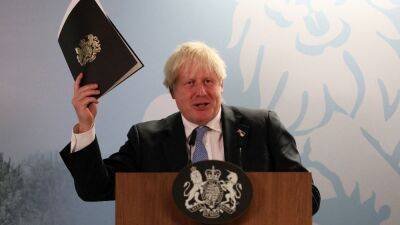Nigeria bans ATM cash withdrawals over $225 a week to force use of CBDC
Nigeria has drastically reduced the amount of cash individuals and businesses can withdraw as it attempts to push its “cash-less Nigeria” policy and increase the use of the eNaira — Nigeria’s Central Bank Digital Currency (CBDC).
The Central Bank of Nigeria issued the directive to financial businesses in a Dec. 6 circular, noting that individuals and businesses would now be limited to withdrawing $45 (₦20,000) per day and $225 (₦100,000) per week from ATMs.
Individuals and businesses will also be limited to withdrawing $225 (₦100,000) and $1,125 (₦500,000) respectively at banks per week, with individuals hit with a 5% fee and businesses with a 10% fee for amounts above those limits.
The maximum cash withdrawal via point-of-sale terminals is also capped at $45 (₦20,000) per day. Announcing the changes the Director of Banking Supervision Haruna Mustafa noted:
The limits are cumulative limits for each withdrawal, so an individual withdrawing $45 from an ATM who then tries to withdraw cash from a bank on the same day would be hit with the 5% service fee.
The previous limits on daily cash withdrawals prior to the announcement were $338 (₦150,000) for individuals and $1,128 (₦500,000) for businesses.
Adoption rates for eNaira have been low since its launch on Oct. 25, 2021. As reported by Cointelegraph on Oct. 26 the Central Bank of Nigeria has struggled to convince its citizens to use the CBDC with less than 0.5% of the population reported having used the eNaira as of Oct. 25, a year on from its launch.
Related: The impact of CBDCs on stablecoins with Bitget's Gracy Chen
Nigeria established its “cash-less” policy in 2012, suggesting a shift away from physical cash would make its payment system more efficient, reduce the cost of
Read more on cointelegraph.com


















